Neurodiverse NMC students can now apply for additional support services. In Spring 2024, we will launch a pilot cohort of NMC’s Neurodiversity Support Center (NSC) with 6-8 students. This cohort will be a mix of students with a range of learning differences, including but not limited to anxiety, autism, ADHD and OCD. NSC services, will expand upon what is already provided by the college’s office of Disability Support Services.
Neurodiverse students need more than the accommodations which address academics such as extended time, note takers and quiet environments for test taking. They also need help and support, and the supports must also meet their social and sensory needs. The transition from high school to college is often more difficult for neurodiverse students. In high school, disability law grants them additional support services. In college, they must self-advocate. Yet challenges with communication and initiation are a hallmark of neurodiversity.
We are meeting a moment with this launch because record numbers of neurodiverse students are going to college, and they are reporting a wide range of struggles. They experience executive dysfunction, for example, which makes it challenging to start and finish difficult tasks on their own. Sitting alone in their rooms trying to do school work is impossible. Another challenge is knowing and asking for what they need, and then advocating for themselves. We expect college students to do this, but have they been taught how? Have the self-advocacy skills transferred? The answer for neurodivergent students is often no. They were provided accommodations in high school, but they may have never been taught to self-advocate, and even if they were, the skills don’t transfer to a new environment, so the skills must be taught again here at NMC.
We need to increase awareness of neurodiversity, celebrate the strengths and design educational practices that address the specific needs of neurodiverse students. For instance, self-stimulating behaviors, also known as “stimming,” help some neurodiverse students manage emotional and environmental conditions, and yet “stimming” is often frowned upon as disruptive. The more we normalize these behaviors, the more successful our neurodivergent students will be.
I proposed the NSC after spending my 2022-23 sabbatical year researching neurodiversity support services that many other colleges and universities provide. At the NSC, located in Scholars Hall, we are creating a sensory-friendly space for students to escape, decompress and self-regulate. We are also training staff to meet the specific needs of neurodiverse learners. Services will include:
- Weekly one-on-one mentoring meetings to work on individual short- and long-term goals
- Structured study times in the Center with on-site tutors and success coaches
- Workshops and seminars that address needs and build skills
- Supported communication between students, faculty and NMC staff
- Regularly scheduled virtual parent or support system meetings, as desired.
- Sensory-friendly social events, connecting students with similar interests.
The excitement for the NSC is growing. Neurodiverse NMC students are already planning activities, telling their friends and decorating the space. One student shared, “This is making me want to come back to NMC. I dropped out because I just couldn’t get the help I needed. This makes me feel safe like I could succeed.”
Help us meet this need. Tell your students about the NSC, and have them contact me at 231-995-2091 or ngray@nmc.edu

